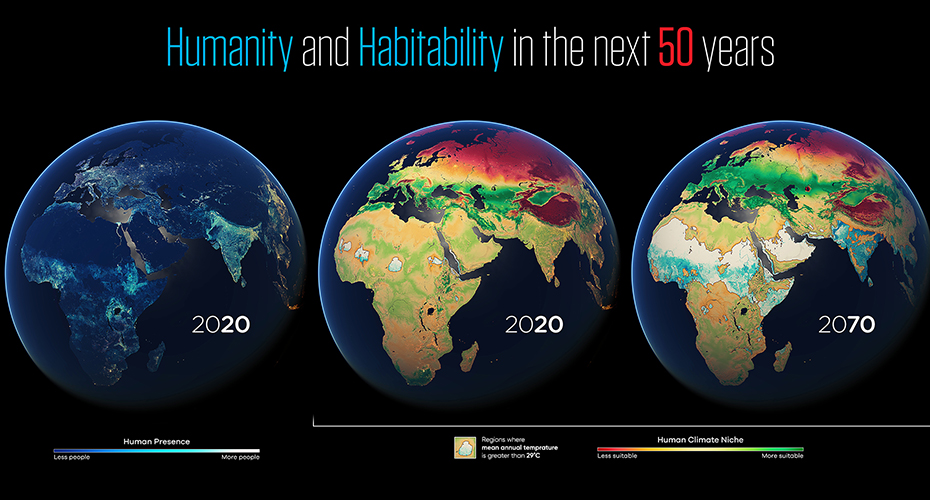Climate Justice
Climate Justice is a field of research and action that reckons with anthropogenic climate change as both a driver and product of global inequality where the greatest costs of climate breakdown are felt most by those who have done least to cause climate change and have benefitted least from rising carbon emissions.
Extending across characteristics including race, gender, age, class and ability this injustice is, above all, reflected in disparities relating to prosperity, productivity and well-being between the global north and the global south.
Climate justice seeks to advance knowledge pertaining to dynamics of climate vulnerability, including the geopolitics of debt, of borders and migration and of access to basic provisions including housing, healthcare and sanitation as well as to keystone issues such as the limiting of global warming to 1.5 degrees and the development of finance for climate-related loss and damage.
It provides a critical framework for examining the political dynamics of a transition away from the fossil fuel economy, highlighting unintended consequences of change that can serve to reinforce underlying inequalities (and related climate vulnerability) in a context where, year on year, global atmospheric temperatures continue to rise with devastating effect.






